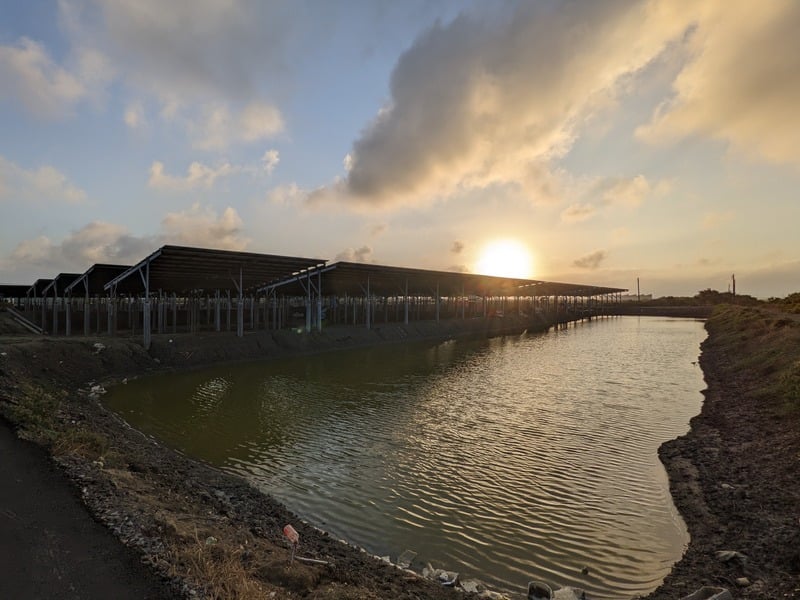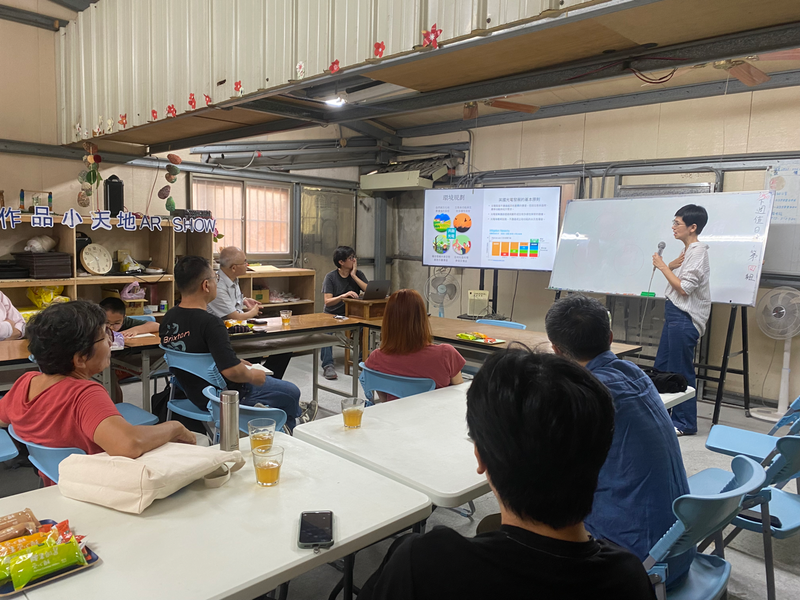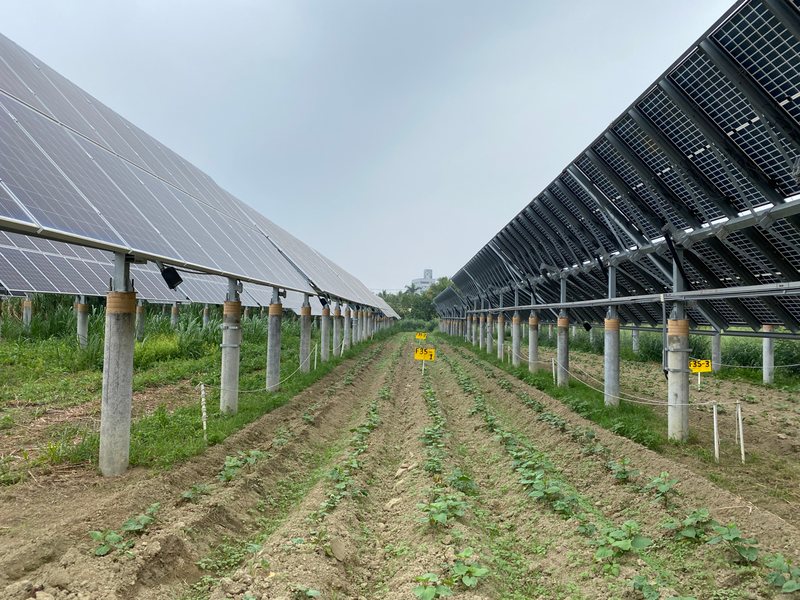
Agrivoltaics—combining agriculture with solar energy—offers a pathway to share land between food and energy production. At TE&P, we see agrivoltaics as a key strategy for inclusive solar development in Taiwan, especially in rural areas where land use conflicts are common.
Our work involves studying local conditions, supporting pilot projects, and identifying best practices that protect soil health, ensure crop viability, and benefit farmers. We also facilitate dialogue between developers, researchers, and communities to encourage collaborative planning.
By promoting well-designed agrivoltaic systems, we aim to ensure that clean energy growth supports—not displaces—local livelihoods and ecosystems.

Community energy puts local people at the center of the energy transition. At TE&P, we support models where residents have a voice—and often a stake—in how renewable energy is developed in their area.
We work with communities, local governments, and cooperatives to explore inclusive energy solutions that reflect local needs and values. This includes designing community-owned or community-benefiting solar projects, hosting workshops on energy literacy, and sharing tools for transparent and fair participation.
By promoting community energy, we aim to make Taiwan’s energy future more democratic, resilient, and rooted in local empowerment.

Good planning is the foundation of sustainable development. At TE&P, we integrate ecological knowledge, spatial tools, and stakeholder input to support thoughtful environmental decision-making.
Our work includes conducting biodiversity and land use assessments, developing planning guidelines, and offering advice on starting renewable energy and other land-based projects. We also collaborate with local governments and communities to ensure that planning processes are inclusive and grounded in local realities.
By prioritizing both people and ecosystems, we aim to shape land use strategies that protect natural resources while supporting long-term social and environmental resilience.